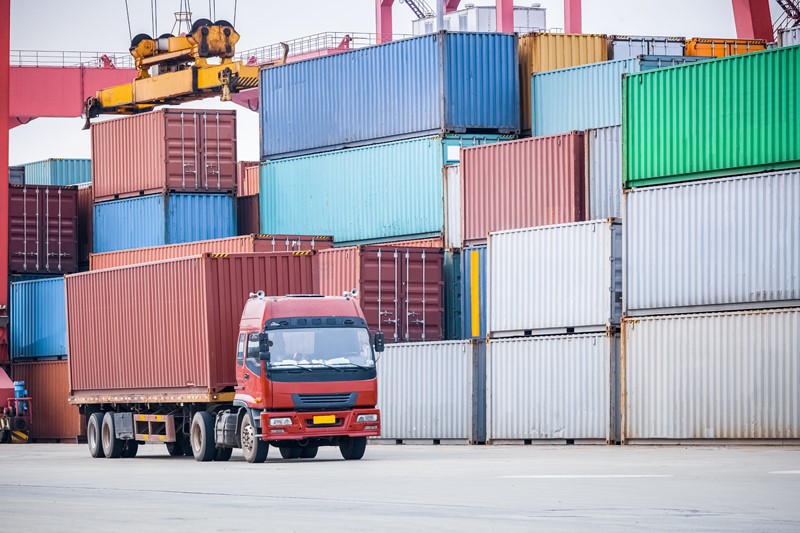
A magical clause does not necessarily nullify employment status
August 13, 2025
UK Pubs Are Closing at a Record Rate… How A Specialist Pub Accountant Can Keep Yours Open
August 17, 2025Make Tax Digital VAT: What Businesses Need to Know
HMRC requires all VAT registered businesses to maintain accurate records for VAT purposes. With the introduction of Making Tax Digital (MTD) for VAT, the rules are stricter: businesses must now keep digital records and use compatible software to submit VAT returns.
Whether you are a sole trader, a partnership, or a limited company, understanding these Making Tax Digital rules is essential for avoiding penalties and keeping on top of your VAT bill.
What Records Must VAT Businesses Keep Digitally?
Under the MTD VAT requirements, your business records must include:
-
VAT charged and paid – on all goods and services sold and purchased.
-
The time and value of each supply (excluding VAT).
-
Adjustments made to VAT returns.
-
Reverse charge transactions.
-
VAT accounting schemes used (e.g. Flat Rate Scheme).
-
Daily gross takings if using a retail scheme.
-
Items reclaimed under the Flat Rate Scheme.
-
Total VAT on sales if trading in gold under the Gold Accounting Scheme.
These electronic records must be stored using functional compatible software such as cloud-based accounting software or existing spreadsheets linked by digital tools or bridging software.
Digital Links and Compatible Software
MTD rules state that data cannot be copied and pasted between systems. Instead, records must be connected by digital links such as:
-
Formulas within spreadsheets.
-
Imports and exports of XML or CSV files.
-
Direct uploads/downloads between systems.
Your accounting software or bridging software must be MTD compliant, allowing you to file VAT returns directly to HMRC.
Using Agent Services and Online Accounts
If you use an accountant or bookkeeper, they will manage submissions through their agent services account. Agents can link to a client’s VAT online account or government gateway account to start submitting VAT returns on their behalf.
Businesses signing up must provide their VAT registration number, taxable turnover, and client’s details (for agents). You’ll also need an own email address, unique taxpayer reference, and national insurance number if you are self employed.
Payment and Direct Debit Setup
Once you submit returns, HMRC collects VAT payments via direct debit through your VAT account. Confirmation is sent by electronic communications to your online account, ensuring you know when payments are taken and when VAT has been cleared.
Who Is Digitally Exempt?
Some businesses are classed as digitally exempt. Exemptions may apply if:
-
You cannot use computers due to age, disability, or location.
-
You are subject to insolvency procedure.
-
You meet HMRC’s criteria for MTD exemption.
Exempt businesses can continue keeping paper records but must apply to HMRC to confirm their digital exemption.
How Long to Keep VAT Records
All VAT businesses must keep electronic records from the moment of VAT registration and retain them for at least 6 years (or 10 years if using certain schemes).
This applies whether you registered because your taxable turnover passed the VAT threshold, or whether you registered voluntarily through the VAT registration service.
Moving to the New System
For many, Making Tax Digital means adapting to a new system of record keeping. The process is a one off process: once you’re signed up and your software is connected, you are automatically signed into HMRC online services for VAT.
Those using an existing spreadsheet can continue to do so, provided digital links or bridging software are in place. The key is to ensure your system is fully MTD compliant and capable of meeting mtd requirements.
Key Takeaways for VAT Record Keeping
-
Use functional compatible software or bridging software to keep and submit digital records.
-
Ensure your business (or your agent) uses an agent services account linked to your VAT registration number.
-
Pay VAT via direct debit through your online account and always check HMRC confirmations.
-
Apply for MTD exemption if you believe you are digitally exempt.
-
Keep records for 6–10 years, depending on the scheme used.
Get Support with Making Tax Digital
Making Tax Digital VAT is now mandatory for most VAT businesses, with extensions coming to income tax self assessment in the near future. Preparing now by setting up the right accounting software and processes will save you stress later.
If you need help with record keeping, choosing MTD compatible software, or understanding HMRC online services, speak to us today.
Source: HM Revenue & Customs | 10-08-2025



